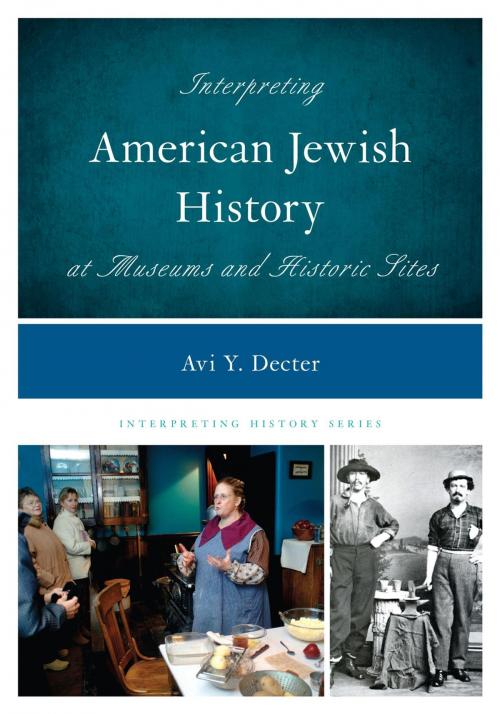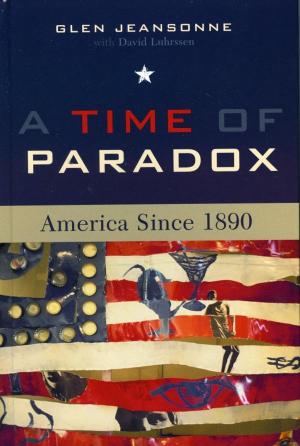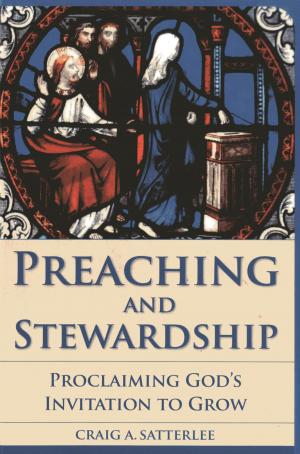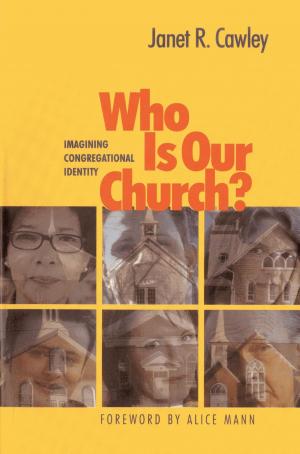Interpreting American Jewish History at Museums and Historic Sites
Business & Finance, Industries & Professions| Author: | Avi Y. Decter | ISBN: | 9781442264366 |
| Publisher: | Rowman & Littlefield Publishers | Publication: | November 9, 2016 |
| Imprint: | Rowman & Littlefield Publishers | Language: | English |
| Author: | Avi Y. Decter |
| ISBN: | 9781442264366 |
| Publisher: | Rowman & Littlefield Publishers |
| Publication: | November 9, 2016 |
| Imprint: | Rowman & Littlefield Publishers |
| Language: | English |
Jews are part and parcel of American history. From colonial port cities to frontier outposts, from commercial and manufacturing centers to rural villages, and from metropolitan regions to constructed communities, Jews are found everywhere and throughout four centuries of American history. From the early 17th century to the present, the story of American Jews has been one of immigration, adjustment, and accomplishment, sometimes in the face of prejudice and discrimination. This, then, is a narrative of minority-majority relations, of evolving norms and traditions, of ongoing conversations about community and culture, identity and meaning.
Interpreting American Jewish History at Museums and Historic Sites begins with a broad overview of American Jewish history in the context of a religious culture than extends back more than 3,000 years and which manifests itself in a variety of distinctive American forms. This is followed by five chapters, each looking at a major theme in American Jewish history: movement, home life, community, prejudice, and culture.
The book also describes and analyzes projects by history organizations, large and small, to interpret American Jewish life for general public audiences. These case studies cover a wide range of themes, approaches, formats.
The book concludes with a history of Jewish collections and Jewish museums in North America and a chapter on “next practice” that promote adaptive thinking, continuous innovation, and programs that are responsive to ever-changing circumstances.
Jews are part and parcel of American history. From colonial port cities to frontier outposts, from commercial and manufacturing centers to rural villages, and from metropolitan regions to constructed communities, Jews are found everywhere and throughout four centuries of American history. From the early 17th century to the present, the story of American Jews has been one of immigration, adjustment, and accomplishment, sometimes in the face of prejudice and discrimination. This, then, is a narrative of minority-majority relations, of evolving norms and traditions, of ongoing conversations about community and culture, identity and meaning.
Interpreting American Jewish History at Museums and Historic Sites begins with a broad overview of American Jewish history in the context of a religious culture than extends back more than 3,000 years and which manifests itself in a variety of distinctive American forms. This is followed by five chapters, each looking at a major theme in American Jewish history: movement, home life, community, prejudice, and culture.
The book also describes and analyzes projects by history organizations, large and small, to interpret American Jewish life for general public audiences. These case studies cover a wide range of themes, approaches, formats.
The book concludes with a history of Jewish collections and Jewish museums in North America and a chapter on “next practice” that promote adaptive thinking, continuous innovation, and programs that are responsive to ever-changing circumstances.















